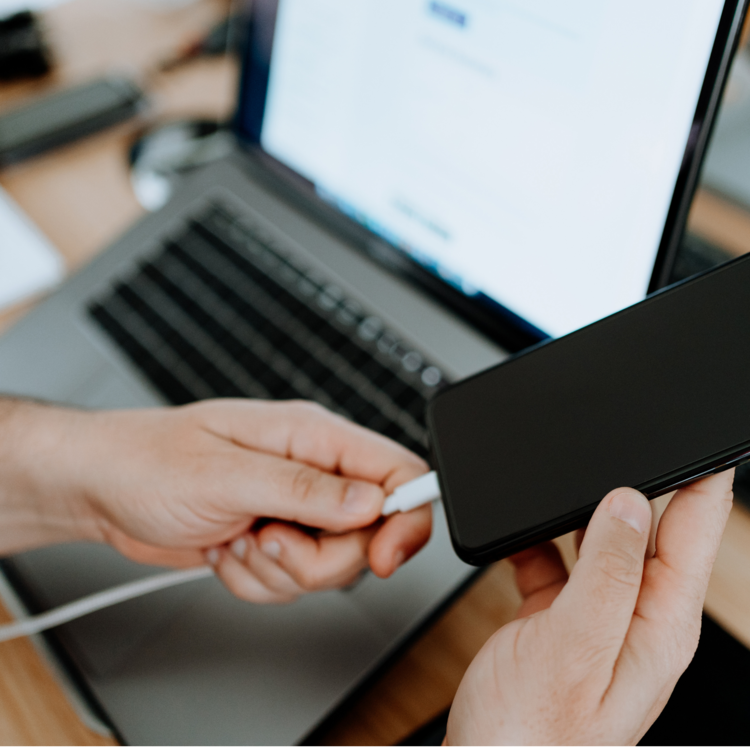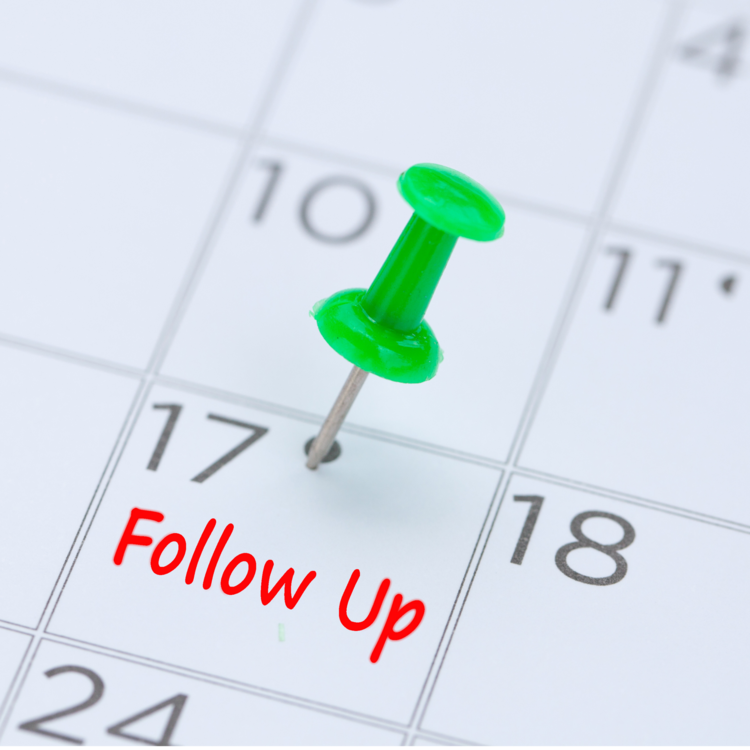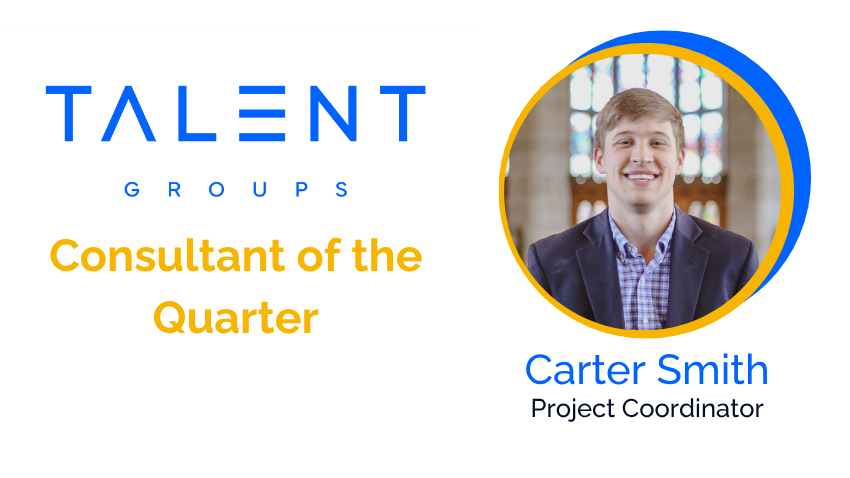Make the Most of Interviewing in a Remote World

While there will eventually be a time after Covid, the shift to remote work is here to stay, to one degree or another. Pandemic or no, employers are still hiring and employees are still starting new jobs, even if some or all of these tasks are done remotely. We’ve seen some great interviews and some not so great interviews, so thru our last 12 months of experience, we wanted to share some of our learned tips to help you make the most of what may seem to be a challenging and at times frustrating process.

INTERVIEWING REMOTELY
Congratulations, you got an interview! There are several steps you can take before and during the interview that will help you to shine.
Before the Interview
A little preparation and some smart choices ahead of time can make a big difference in the impression you make on the interviewer.
Harness technology
You want to avoid any tech glitches, but if anything does go wrong, be ready to quickly recover.
- Charge your phone/laptop!
- Download and set up the video conferencing software that your potential employer is using and become familiar with it
- Consider using a webcam for the best-quality video
- Strongly consider using headphones and a mic (could be earbuds) to improve sound quality and to eliminate outside noise
- If using a laptop, prop it up so that the camera is at eye level
- Ensure your internet connection is stable.
- If sharing wifi, ask others to hold off on streaming and gaming during your interview
- Check that your computer’s audio is working.
- Have your interviewer’s contact information available … and a back-up tech plan, just in case

Rehearse
You can’t be too prepared!
- Know the Role – Gather info on the company, role and interviewers and prepare a list of responses to anticipated questions, as well as questions you want to ask
- Practice – Enlist a friend or family member to conduct mock interviews with you via video conference
- Prepare – Speak specifically about what roles you have held, how and what you accomplished, and what the results were. Know your successes and challenges!
- Tell Your Story - Your story is what helps people understand who you are and where you are going. Crafting and articulating your story takes a lot of work and practice. However, the benefits to you and to your career are enormous. Your stories:
- Give you confidence.
- Increase your self-awareness.
- Bring humanity to your resume.
- Makes you memorable and sets you apart.
Set the stage
Consider both your appearance and your setting.
- Be Confident. Dress as professionally as you would for an in-person interview
- Find a quiet, private, well-lit place, free from possible interruptions.
- Your background should be professional and free of clutter
- Needless to say, do not sit on your bed or couch
- Consider standing up, which will help your voice project
Adjust your emotions
Many body language cues are less obvious on video, so it may be harder to both read and convey emotions.
- Don’t assume the absence of emotional cues means you’re getting a negative response—think positive, smile!
- Make a point of upping your own enthusiasm and warmth just a bit (rehearse this during your mock interview)
- Project competence and confidence, connection to win the job.

During the Interview
This is your time to shine and make your preparation pay off with a great interview.
Be Prepared
- Sign in to the video call ten or more minutes early to test out your setup again, and use the time to review major points—and try to relax
- Consider minimizing the window with your image—seeing your own face can be a distraction
- Don’t eat, drink, chew gum or mints.
Focus & Engage
- Give the interviewer your full attention. Be an active listener.
- Maintain natural eye contact
- Avoid speaking too casually.
- Speak slowly and enunciate clearly—there may be some voice delay
- Have a “cheat sheet” with notes on your stories and answers.
- Have a copy of your resume at your side (not in a computer tab), the job description and prepared questions.
- Don’t read prepared answers or google answers during the call.
- Include specific questions about how the company is managing and communicating remotely with employees, and how they plan to manage the onboarding process
- Ask about next steps.

After the Interview
- Follow up is critical. Send an email thanking your interviewers and expressing interest in the job, and reference critical points that were discussed.
- Offer your references or letters of reference for the hiring manager to review. Make sure you have communicated with your references so that they are aware that potential employers may be contacting them.
Interviewing for a job remotely poses some unique challenges and may feel awkward and frustrating at times, but try to embrace this as a new opportunity for learning. The right preparation and approach for your remote interview will give you the confidence to present yourself in the best light possible, and to make a great impression on the interviewer. The communication, technology and people skills you gain through remote interviewing will serve you well throughout your career!
Looking for help landing a new job? Connect with our team at Queen Consulting Group today. We scan the nation for the best jobs available and then position you with the best tips, tools and career resources to make an outstanding impression. We get to know the person behind the resume to help you find the right fit. Get started now.
Share:




